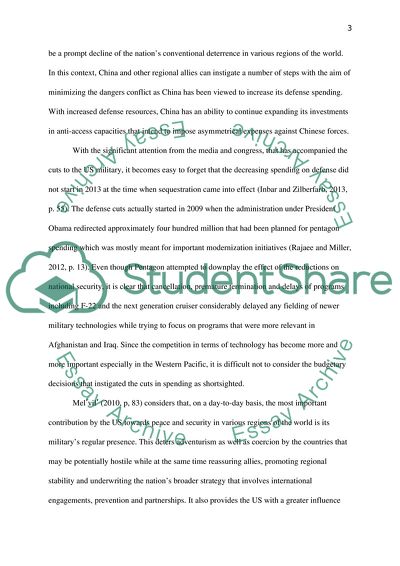Cite this document
(US Military Presence Literature review Example | Topics and Well Written Essays - 2750 words, n.d.)
US Military Presence Literature review Example | Topics and Well Written Essays - 2750 words. https://studentshare.org/politics/1858874-literature-review-posts-and-critiques
US Military Presence Literature review Example | Topics and Well Written Essays - 2750 words. https://studentshare.org/politics/1858874-literature-review-posts-and-critiques
(US Military Presence Literature Review Example | Topics and Well Written Essays - 2750 Words)
US Military Presence Literature Review Example | Topics and Well Written Essays - 2750 Words. https://studentshare.org/politics/1858874-literature-review-posts-and-critiques.
US Military Presence Literature Review Example | Topics and Well Written Essays - 2750 Words. https://studentshare.org/politics/1858874-literature-review-posts-and-critiques.
“US Military Presence Literature Review Example | Topics and Well Written Essays - 2750 Words”. https://studentshare.org/politics/1858874-literature-review-posts-and-critiques.


